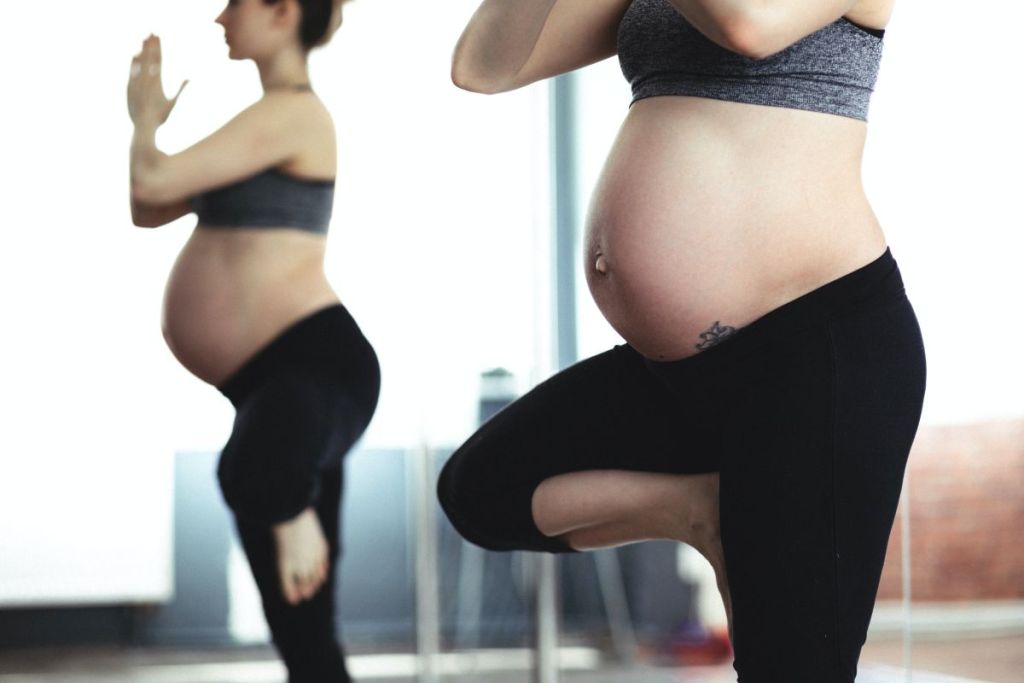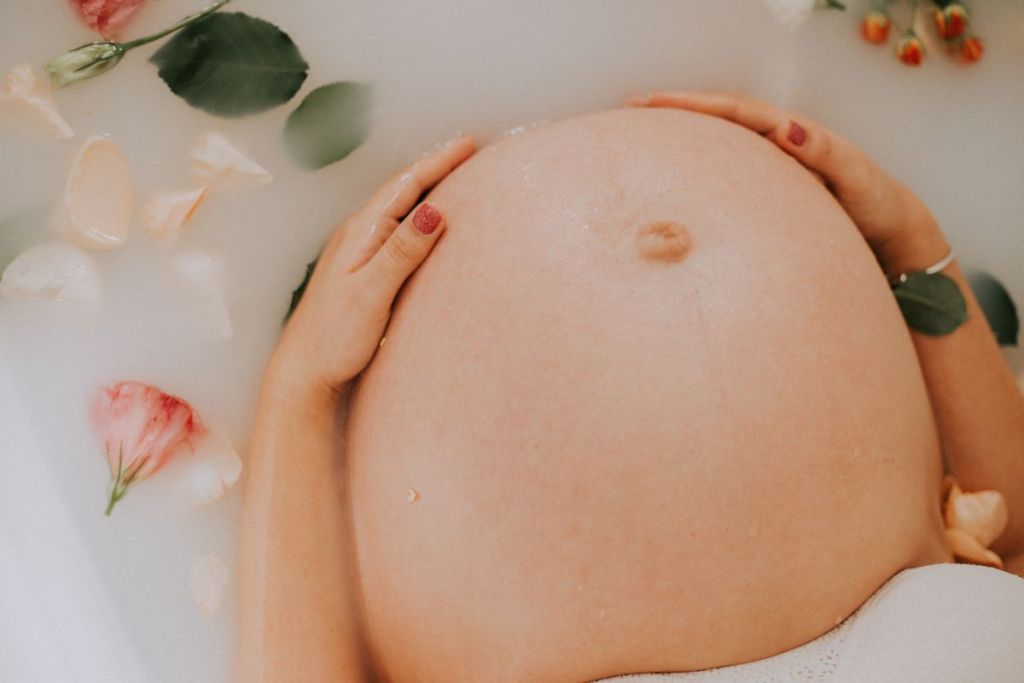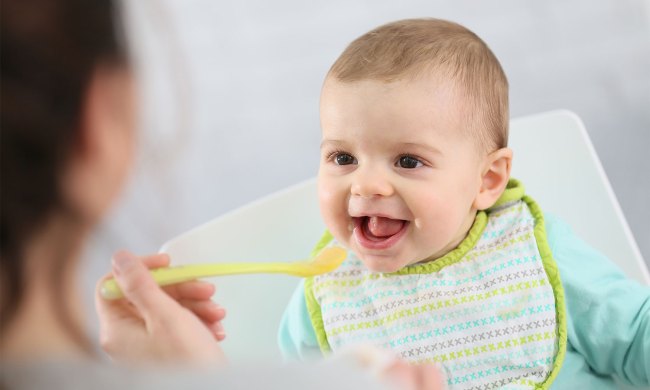When you are pregnant, you are anxiously awaiting the day that you meet your newest little bundle of joy, and you are counting the days until that big day. Even though labor is painful, it is all worth it just to see your child’s angelic face for the first time. But labor does not have to be hard. It can actually be easier by using some techniques. If you are looking for ways to make your labor as easy as possible, here are some of our favorite tips for easier labor.
First, talk to your doctor
Your first step to easier labor is to speak to your obstetrician about things like how long you should stay home while in labor before you head to the hospital. Another conversation to have with them is pain-management options; they will be able to tell you your options during your labor, plus they may be able to offer other tips that you had not considered. If you have a birth plan, you will want to make that known to your doctor. Things don’t always go according to plan, but if they know about your wants and needs ahead of time, it will make delivering your baby that much easier.
Stay fit during your pregnancy
Women who tend to be fit during their pregnancy usually have shorter labors. If you are unsure of what kind of exercise is appropriate for you and what trimester you may be in, that is a phone call you can make to your doctor, and they will be able to tell you what is safe and what is not. But typically, doing something like taking a walk is considered exercise and can help to keep you fit during your pregnancy. Sometimes, when you are close to your delivery date, walking can even jump-start labor in some cases.

Have a light snack
The time when your hard active labor rolls around, you are going to need all the energy that you can muster up just to deliver your baby. When you are in the early stages of labor and the contractions are not close together, it may be prudent to enjoy a light snack. The best snacks for labor could be something like a banana or an apple, just something light. Something that will help to keep your energy levels up later on in the game when you have to do the hard work of pushing. Just make sure that you do not eat anything too heavy, as this could backfire later on, causing you to be nauseated and vomit during the later stages of labor.
Hop in the shower or tub
When contractions begin, your body begins to tense up. By getting into a hot shower and letting it hit all of your muscles, you are able to relax, if even for a little bit. The same goes for getting into a hot bath. The hot water will be able to help with the pain from your contractions. Many hospitals these days have special tubs that can be used while you are in labor. It would not hurt to ask if the hospital that you are delivering at has one and if you will be able to use it. Many women have sworn by being in the tub during labor that it definitely helps make it a lot easier and manageable for them.

Stay upright
While it may be oh so tempting to lie down during labor, if you stay upright, it is going to help you in the long run. Not only can it actually speed labor up a little bit because your baby’s head will be resting against your cervix as you walk, thus helping it dilate, but walking around or swaying while standing can help lessen the pain of labor. Have your partner help you up and walking so you have someone to hold on to while you are upright.
Breathe
Above all else, you will want to try to learn some techniques as to what kinds of breaths are the best ones to take while you are in active labor. Lamaze may be the right option for you, or there are other kinds of patterned breathing that you can do while you are awaiting your little one. Other things that help are visualizing a place that you love, distracting yourself with happier thoughts, etc.
While labor can be painful, it doesn’t always have to be so intense. These tips can help you when your baby’s big day arrives!


